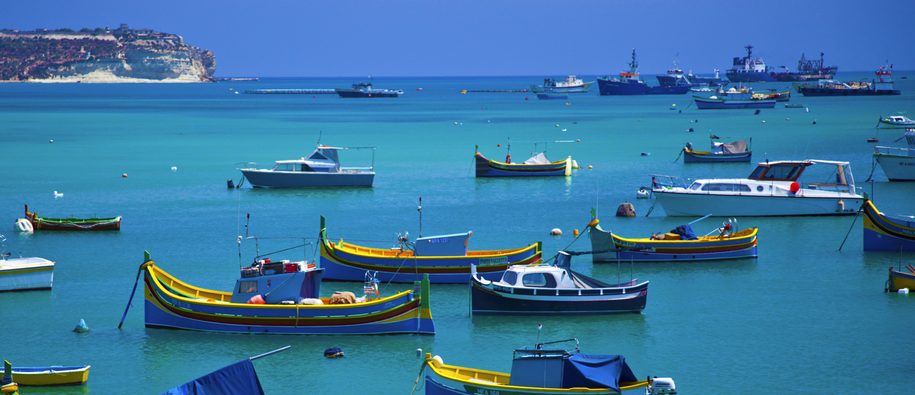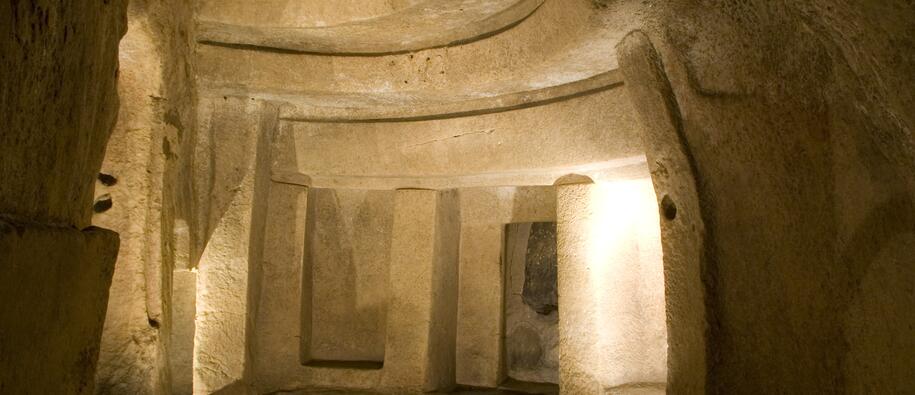Currently available funding
There are currently no calls for proposal.
Programme Summary
Why is the programme needed? Malta is densely populated and poorly endowed with freshwater resources. Meeting the high demand for water whilst protecting and conserving the naturally renewable resource base and the environment is a major challenge, particularly in view of the emerging impacts related to climate change. Furthermore, as a small island state, Malta is highly susceptible to the negative impacts of climate change. Major oil spill incidents at sea could occur, particularly from offshore oil drilling operations and due to extreme weather conditions. Therefore, the country needs support to respond to such an eventuality. Seasonal changes also influence one of Malta's archaeological sites - the Hal-Saflieni Hypogeum - a World Heritage site that dates back to prehistoric times. These factors create fluctuations in the air temperature and relative humidity within the site, which may cause the stone to deteriorate and destroy the prehistoric paintings on the walls. What will the programme achieve? The programme will lead to increased awareness of the importance of meeting the demand for water whilst protecting and conserving the naturally renewable resource base and the environment. This will help instil a culture change towards water conservation at a national level and strengthen long-term sustainability, efficiency and security of supply.In addition, as Malta does not yet have an operational oil spill response plan to deal with incidents resulting from major oil spills, preparedness for an eventuality of this kind is fundamental. The project will include a study on risks related to offshore drilling operations which will be added as an appendix to the recently re-written National Marine Pollution Contingency Plan. Finally, the programme will restore the climatic conditions within the Hal-Saflieni Hypogeum through the installation of a modern environmental control system. As all projects support sustainable economic and social growth, the programme aims to contribute to the socio-economic development of less developed Beneficiary States. The donor states and the beneficiary state have agreed that due to the size of the allocation to Malta, the support will be provided through a flexible funding set-up. Therefore, the EEA Financial Mechanism programme in Malta will include three pre-defined projects: - Generating awareness and appreciation of preserving natural inland water through education at the Malta Water Conservation Awareness Centre under Programme Area 1 - Marine and Inland Water Management. - Oil/HNS Spill Response Capacity Building for the Protection of Malta's Seas under Programme Area 7 - Adaptation to Climate Change. - A New Environmental Management System for the Hal-Saflieni Hypogeum World Heritage Site under Programme Area 16 - Conservation and Revitalisation of Cultural and Natural Heritage. How will it be achieved? This will be achieved through: - Setting up the Malta Water Conservation Awareness Centre; - Drafting a study on the pollution risks associated with offshore oil drilling operations and training at least 22 persons capable to respond to oil/hazardous and noxious substances pollution incidents; - Implementing passive and active measures for environmental control in the Hal-Saflieni Hypogeum. How will bilateral relations be strengthened? The programme will facilitate networking, exchange, sharing and transfer of knowledge, technology, experience and best practices between the promoters of the pre-defined projects and relevant entities in the Donor States through use of the bilateral fund. In addition, the Norwegian Coastal Administration will be actively involved as a donor project partner in the implementation of the pre-defined project under Programme Area 7.

